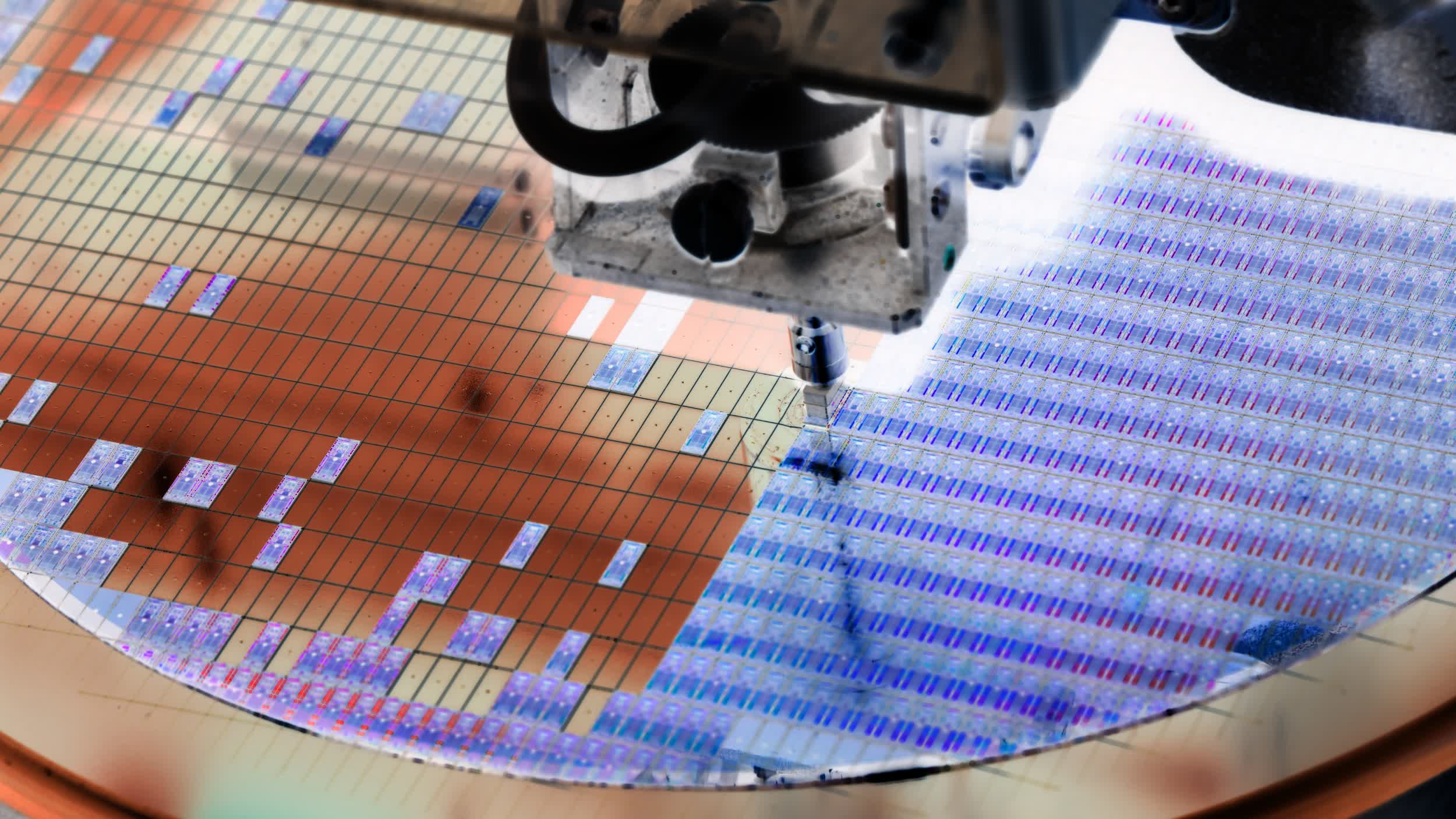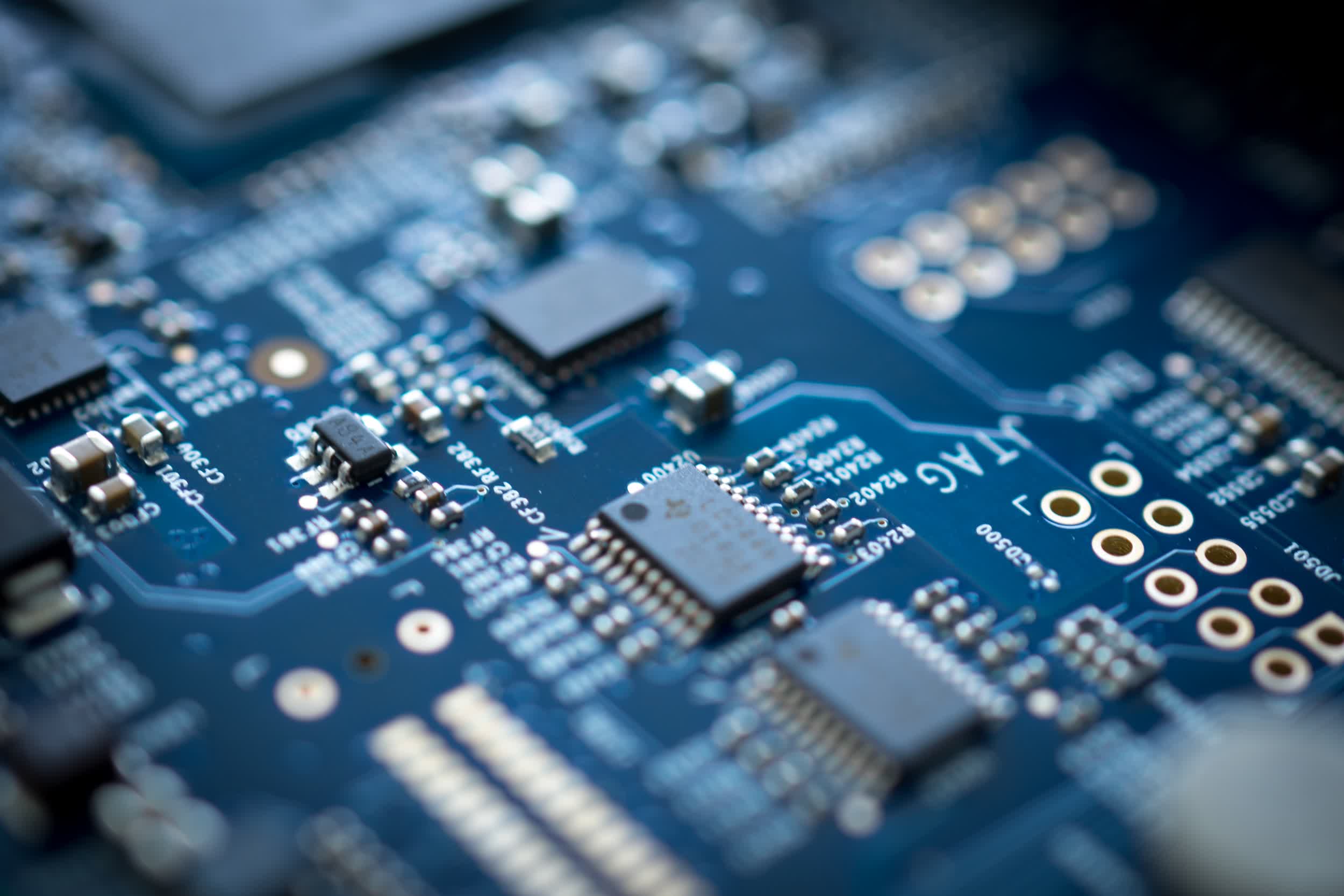Bottom line: A deal of this caliber is unusual for a major contract chipmaker, but desperate times call for desperate measures. The ongoing global chip shortage, caused in part by the Covid-19 pandemic, has forced a rethink across many industries and this is just one example of one company’s way to keep the wheels moving.

United Microelectronics Corporation (UMC), one of the world’s largest contract chipmakers, has announced plans to expand capacity at its 300mm Fab 12A facility in Tainan, Taiwan.
UMC said it has worked out an agreement with several of its leading customers that’ll guarantee long-term chip supply in exchange for upfront deposits and pre-set pricing. Phase six, as the program is being called, will be equipped with mature 28nm tools that can later be swapped for 14nm gear to accommodate future roadmaps.
Fab 12A is currently churning out around 90,000 300mm wafers per month (wpm). An additional 10,000 wpm is being installed this year and phase six will add another 27,500 wpm to the mix.

UMC said it is also expecting to hire an additional 1,000 employees to help support the effort. The total cost of the P6 expansion is earmarked at NT$100 billion, or around $3.6 billion.
TSMC, the world’s largest chipmaker, said earlier this month that it would be investing over $100 billion across the next three years to boost manufacturing capacity and expand R&D efforts.
Image credit Macro photo, Glitterstudio
https://www.techspot.com/news/89497-umc-ramping-up-production-older-28nm-chips-address.html